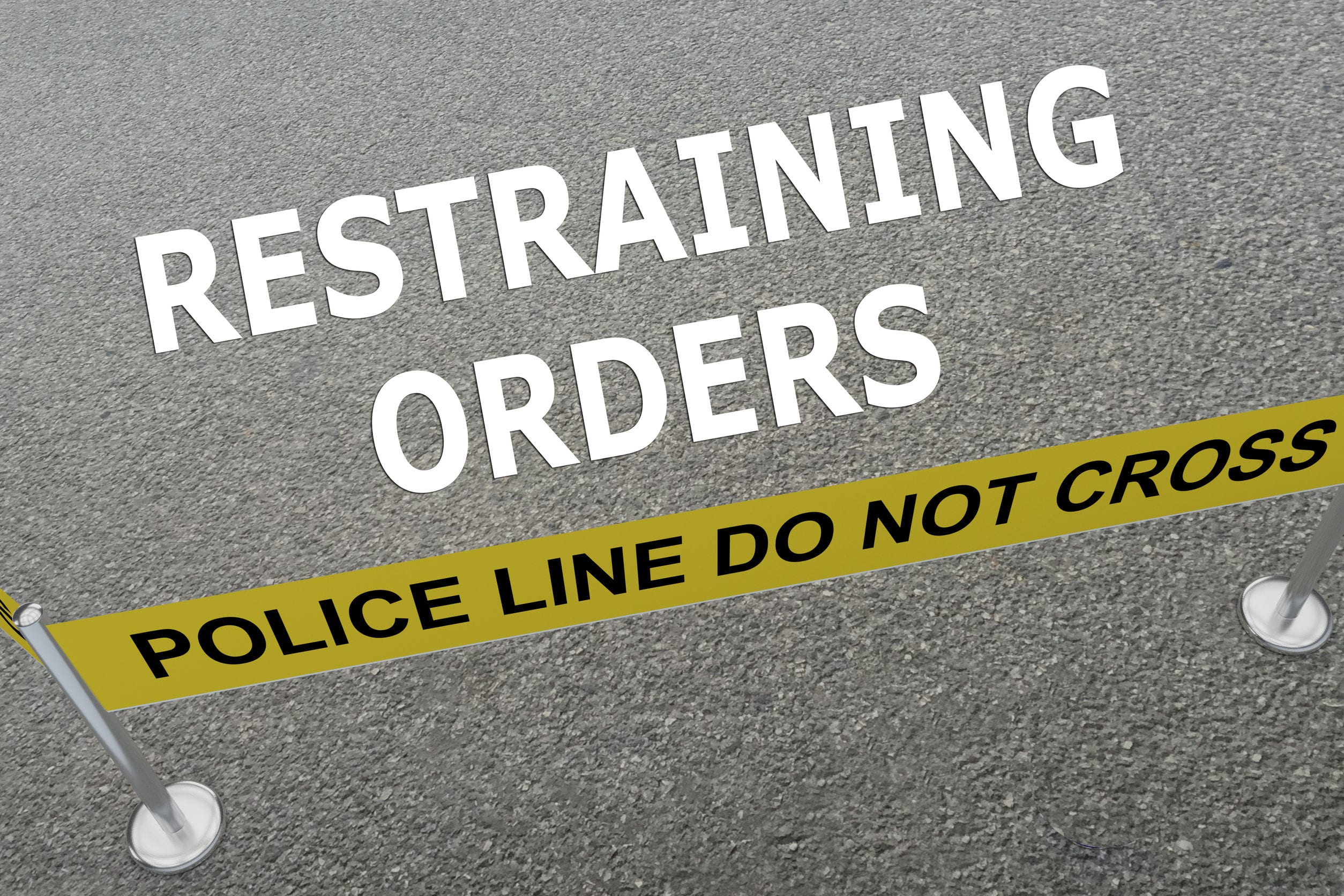Violating a Minnesota Protective Order Can Impact Your Child Custody
Domestic violence is rampant in Minnesota and the US as a whole, and the number of cases has seen a dramatic uptick during the COVID-19 pandemic. A likely contributing factor? Victims and abusers in closer proximity more often and/or for longer periods of time during (semi)lockdown.
For those who are able to maintain distance from a problematic relationship, protective orders are often put into place in order to prevent physical acts of domestic violence and other forms of harassment such as stalking.
The majority of protective orders do stem from genuine threats to a victim’s physical safety and are urgently needed to keep victims and their children safe. However, domestic violence accusations and protective orders are occasionally abused by some alleged “victims” in order to gain legal leverage, particularly in child custody cases.
If you are hit with what seems to be a bogus protective order, you should absolutely respect it, no matter how preposterous you feel the claims are.
Protective order violations are not only a criminal offense, but can also impact your child custody battle. We’ve put together a guide covering Minnesota protective orders, and the consequences you could face for protective order violations.
Three Types of Minnesota Protective Orders
In Minnesota, there are three types of protective orders that can be issued to protect the alleged victim, depending on the nature of the alleged abuse and the defendant’s relationship with the alleged victim.
Orders for Protection
An order for protection is issued when there have been allegations of domestic abuse. An order for protection can forbid the defendant from:
● Committing further domestic violence against the victim
● Living with the victim, often forcing the defendant to pay for separate housing arrangements
● Coming within a reasonable area surrounding the victim’s dwelling or workplace
● Having custody or even visitation of minor children
Because many cases of domestic abuse can endanger the lives of the alleged victim and other family members, Minnesota courts will readily issue temporary “ex parte” orders. This means that the defendant need not be present.
That said, the defendant also has a right to contest a temporary order for protection. They may do so by petitioning the judge that issued the order for a hearing. In this hearing, both parties can present evidence arguing whether the order is necessary.
Harassment Restraining Orders
A harassment restraining order is issued to alleged victims of harassment, and prevents the defendant from having any contact with the alleged victim. In most cases, harassment refers to one of the following:
● A single incident of physical or sexual assault
● A single incident of stalking or harassment
● A single incident of nonconsensual dissemination of private sexual images
● Repeated incidents of intrusive or unwanted acts

Domestic Abuse No Contact Orders
A Domestic Violence No Contact Order is typically issued after a defendant has been arrested for domestic violence offenses against the alleged victim.
Regardless of the circumstances surrounding the alleged domestic violence offense, a Domestic Violence No Contact Order remains in effect until the case is dismissed or the defendant is sentenced. This can also be issued as a term of probation for domestic violence convictions.
Typical terms of a Domestic Abuse No Contact Order include:
● No contact of any form, including face-to-face interaction, electronic contact or indirect communication, such as passing messages through a third party
● Staying a certain number of feet away from the victim, including avoiding the victim’s place of residence, work, and even homes of the victim’s family and friends to avoid accidental contact
If you are living with the alleged victim when a Domestic Abuse No Contact Order is issued, you will be forced to move out until the case is resolved.
Protective Order Violations
Worth repeating: When you face a protective order, you should fully follow the terms of the order, regardless of its validity. You’ll have your chance to share your side in front of a judge. Until then, avoid all contact with the alleged victim until your day in court.
Violating a Protective Order is a Criminal Offense
Otherwise, you may be found in violation of the protective order. In Minnesota, violating a protective order is a criminal offense. A protective order violation can be charged as a misdemeanor, gross misdemeanor, or felony, depending on the circumstances surrounding the alleged violation.
You May Be Found in Violation When Your Partner Initiates Contact
Another key point, it is also considered a violation when the alleged victim initiates contact with you. Steps to avoid this issue include immediately blocking this person’s phone, email, and other means of electronic communications from reaching you.
If the alleged victim attempts to contact you in some other way, it is imperative to ignore these attempts. Simply jot the date/time/details of the incident and share them with your attorney, if and when they happen.
Blocking communication channels should effectively reduce or eliminate this concern, however.
How Violations Can Impact Child Custody
When a protective order is filed against you, you’ll most likely be prohibited from seeing your children while the temporary order is in place. This is heartbreaking and difficult, but your children make respecting the terms of the order all the more important.
When deciding child custody, judges will rule in the perceived best interest of the children. All violations — even false accusations for legal leverage in a child custody battle — may suggest to the judge that you represent a danger to your former partner and any children you have together.

If you are hit with a protective order, act fast. You’ll need to build a strong case against the alleged victim to disprove the allegations’ validity, and absolutely avoid any protective order violations in the meantime.
About the Author:
Andrew T. Poole is a Minnesota native who has served in the Army for more than 18 years and is currently a JAG lawyer in the Army Reserves in addition to serving as a partner at LaCourse, Poole & Envall. He has handled thousands of criminal and family law cases over the course of his career and has a firm belief that all hardworking Minnesotans should be entitled to the best possible legal counsel. Mr. Poole boasts a 10/10 Superb rating on Avvo, is Lead Counsel rated, and has been recognized multiple times by SuperLawyers, National Trial Lawyers, and others for his work.
















